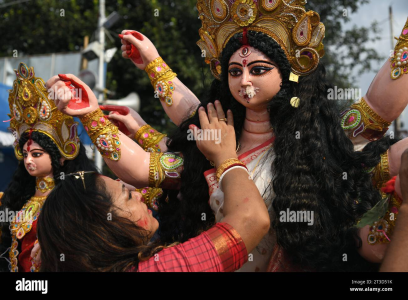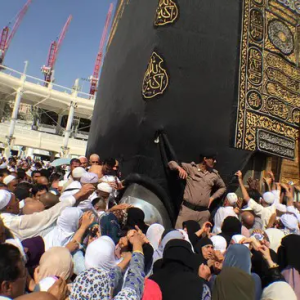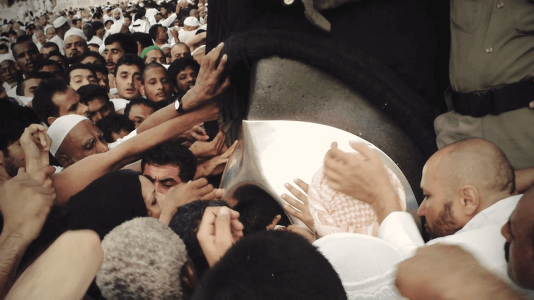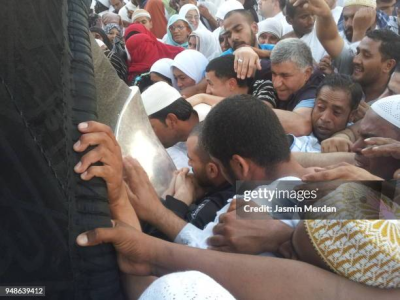- Joined
- Aug 12, 2023
- Runs
- 23,479
55% of govt scheme pilgrims in Saudi Arabia
A month-long pre-Hajj flight operation, which started on May 9 to transport around 70,105 intending Pakistani pilgrims to the holy cities of Saudi Arabia under the government scheme, is continuing smoothly and according to schedule.
By Sunday, a total of 38,150 Pakistani pilgrims, constituting almost 54.35 per cent of the total, had reached Madinah and Makkah, official sources at the Pakistan Hajj Mission told APP.
By May 23, 146 flights from major cities of Pakistan had operated to the Prince Mohammad Bin Abdulaziz International Airport in Madinah, airlifting 34,407 intending pilgrims.
Since May 17, the Hajj Mission has been sending bus caravans of Pakistani pilgrims to Makkah after their eight-day stay in Madinah, during which they offered 40 prayers at Masjid-e-Nabvi (SAW).
So far, more than 23,464 Pakistani pilgrims have reached Makkah from Madinah, tracked under a real-time GPS system being utilized for the first time by Pakistan to ensure their timely and secure travel.

 tribune.com.pk
tribune.com.pk
A month-long pre-Hajj flight operation, which started on May 9 to transport around 70,105 intending Pakistani pilgrims to the holy cities of Saudi Arabia under the government scheme, is continuing smoothly and according to schedule.
By Sunday, a total of 38,150 Pakistani pilgrims, constituting almost 54.35 per cent of the total, had reached Madinah and Makkah, official sources at the Pakistan Hajj Mission told APP.
By May 23, 146 flights from major cities of Pakistan had operated to the Prince Mohammad Bin Abdulaziz International Airport in Madinah, airlifting 34,407 intending pilgrims.
Since May 17, the Hajj Mission has been sending bus caravans of Pakistani pilgrims to Makkah after their eight-day stay in Madinah, during which they offered 40 prayers at Masjid-e-Nabvi (SAW).
So far, more than 23,464 Pakistani pilgrims have reached Makkah from Madinah, tracked under a real-time GPS system being utilized for the first time by Pakistan to ensure their timely and secure travel.

55% of govt scheme pilgrims in Saudi Arabia | The Express Tribune
GPS system being used for first time to track Pakistanis going from Madinah to Makkah
 tribune.com.pk
tribune.com.pk



















